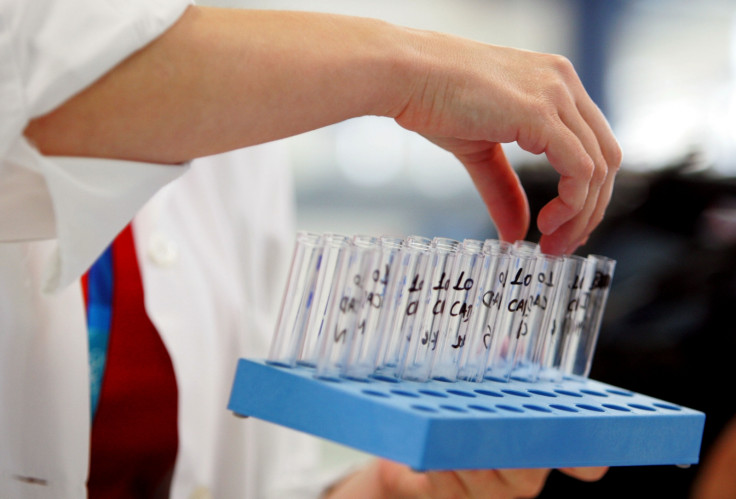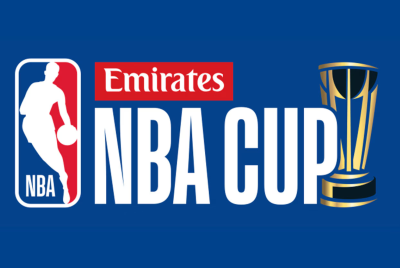Russia athletes banned from 2016 Olympic Games in Rio de Janeiro after IAAF uphold suspension

Russian athletes will not be able to compete at the 2016 Olympic Games in Rio de Janeiro after the International Association of Athletics Federations (IAAF) upheld their suspension from all international competition.
Russia was banned following accusations of "state-sponsored doping" by the World Anti-Doping Agency (Wada) in November 2015. The ban could yet to be extended to all events, following the publication of Wada's detailed report into Russia's doping practises in July.
Following a summit in Venice on 17 June, the world athletics governing body ruled Russia has failed to adequately improve their testing programmes and have decided not to lift the suspension.
"I can confirm that the suspension remains in force and will refrain from all other commentaries," ARAF Secretary General Mikhail Butov told Russian news agency TASS.
Russia have slammed the IAAF's decision, describing it as "extremely disappointing", insisting their authorities "have done everything possible since the ban was first imposed to regain the trust of the international community."
A statement from the Russian Ministry of Sport continued: "We have rebuilt our anti-doping institutions which are being led by respected international experts.
"Our athletes are being tested by the UK's anti-doping agency, UKAD, and every one of them is undergoing a minimum of three tests in addition to the usual requirements. We have nothing to hide and feel we had met the IAAF's conditions for re-entry."
The International Olympic Committee (IOC) are meeting in Lausanne on Tuesday to confirm whether Russia will be banned from competing at Rio.
A hugely damaging report from Wada released on Thursday explained Russian authorities attempted to block doping control officers from testing their athletes, even threatening and intimidating them upon their arrival.
Wada's 23-page report shows 736 tests between February 15 and May 29 were declined or cancelled. Initially, testers were turned away and intimidated by armed agents of Russia's Federal Security Service (FSB). On a second return to these military cities, security staff created more delays, with the Ministry of Sport providing no access documentation.
More outlandish attempts to thwart doping authorities also included athletes running away from stadiums after learning they would be tested.
The IAAF's decision is another telling blow to Russian sport. Earlier in June, tennis star Maria Sharapova was handed a two-year ban after she tested positive for banned substance meldonium.
© Copyright IBTimes 2025. All rights reserved.





















